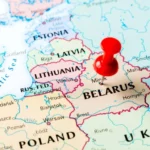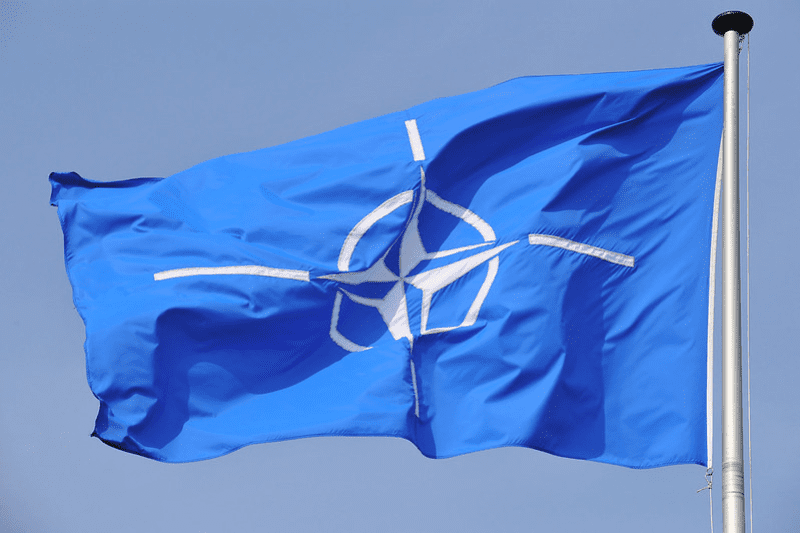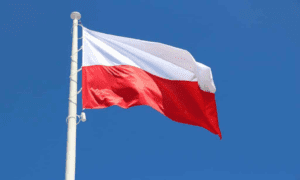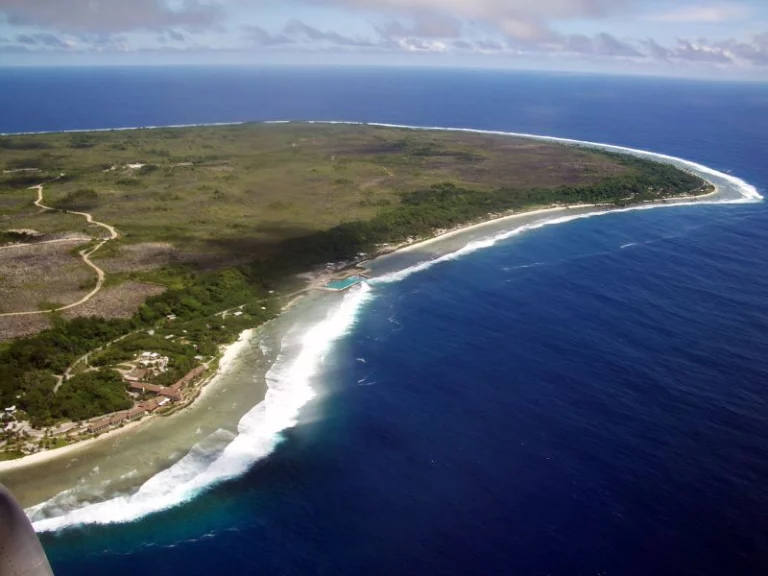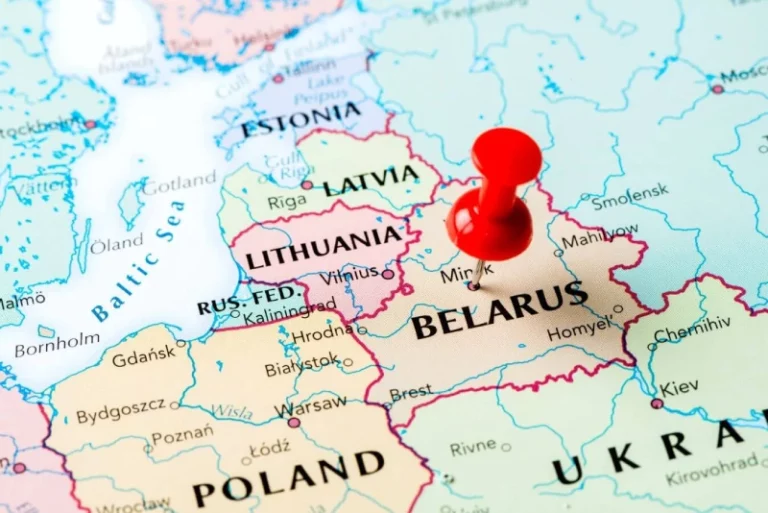Turkey’s decision to drop its opposition to Finland’s bid to join NATO has significant global impacts. The move paves the way for the military alliance to expand its direct border with Russia, a development that is sure to ruffle the feathers of the Kremlin.
Milestone for Finland
For Finland, this is a significant milestone. The country has a long history of maintaining a policy of neutrality, but its proximity to Russia and the escalating tensions in the region following Moscow’s invasion of Ukraine in 2014 have forced it to reconsider its position.
Finland’s accession to NATO will provide the country with a powerful security umbrella and a platform to increase its defense capabilities. Meanwhile, NATO’s decision to include Finland in the military alliance has already been taken, and now it is merely down to Turkey and Hungary to ratify their membership. Hungary’s parliament is expected to ratify Finland’s applications on March 27, but no date has been set to approve Sweden’s bid.
The decision by Turkey to drop its opposition to Finland’s NATO membership comes after months of wrangling over political disputes with the applicant.
Turkey has been critical of Sweden’s alleged support for Kurdish militants Ankara considers terrorists and its sheltering of members of an Islamist network blamed for trying to topple President Erdogan in a failed coup in 2016.
Turkey has also faced criticism from human rights groups for its treatment of Kurdish and other political dissidents. NATO officials have expressed concern over Turkey’s stance, with its accusations against Sweden and its ties to Russia, a major geopolitical adversary of the West. Jens Stoltenberg, NATO’s Secretary-General, stated that it is inconceivable that there would be any military threat against Finland or Sweden without NATO reacting.
Sweden next?
However, Turkey’s tough stance towards Sweden’s bid to join NATO, despite approving Finland’s, raises concerns about the alliance’s ability to maintain a united front in the face of global threats.
The move by Turkey to drop its opposition to Finland’s NATO membership has broader implications for NATO’s relationship with Russia.
Russia has already expressed its displeasure with NATO’s expansion towards its borders, and Finland’s accession to the alliance will only heighten tensions further. The Kremlin sees NATO’s expansion as a direct threat to its security and has been building up its military capabilities to counter the alliance’s presence.
Finland’s accession to NATO will provide the alliance with a strategic advantage. The country shares a 1,300-kilometer border with Russia and is home to a vital waterway, the Gulf of Finland. Its strategic location will enable NATO to project its military power further into the Baltic region and provide a crucial foothold in a region where Russia has increased its military presence in recent years.
Better transatlantic relations
The decision by Turkey to drop its opposition to Finland’s NATO membership has also been seen as a positive development for transatlantic relations. The move is likely to reassure the United States, which has been a strong supporter of NATO’s expansion into the Baltic region.
The United States sees NATO as a critical tool in its efforts to counter Russian aggression and maintain its strategic interests in Europe.
Therefore, Turkey’s move to drop its opposition to Finland’s NATO membership also highlights the complex dynamics within the alliance. NATO is a military alliance made up of 30 member states, each with its own strategic interests and concerns.
Overall, Turkey’s decision to drop its opposition to Finland’s bid to join NATO has significant global implications. It opens up the possibility of the military alliance expanding its direct border with Russia, which could have far-reaching consequences for the region’s security and stability. Additionally, the move has highlighted the challenges that some NATO members face when trying to balance their relationships with Russia and their ties to the alliance.
For Finland, the decision to join NATO is a significant step towards enhancing its security and strengthening its relationships with other NATO members. The country has traditionally maintained a policy of military neutrality, but the events of recent years, including Russia’s annexation of Crimea and its military intervention in Ukraine, have heightened concerns about regional security. The decision to join NATO is a reflection of Finland’s growing anxiety about Russia’s intentions and its desire to be part of a broader security alliance.
NATO, in turn, stands to benefit significantly from Finland’s membership. The country has a highly trained military and is located in a strategically important position in the Baltic Sea region. Its membership in NATO will further enhance the alliance’s presence in the area and help to deter any potential Russian aggression.
The situation with Turkey highlights the challenges that some NATO members face when trying to balance their relationships with Russia and their ties to the alliance. Turkey’s government has been criticized by human rights groups for its treatment of political dissidents and its close ties to Russia, which have at times put it at odds with other NATO members.
The fact that the country has been able to exert such significant influence over the membership applications of Finland and Sweden highlights the complex dynamics at play within the alliance.
Despite these challenges, NATO remains a critical player in global security, and its expansion into the Nordic region is an important development. The organization has been instrumental in promoting stability and security in Europe since its inception, and its continued presence in the region is essential for maintaining those gains.





